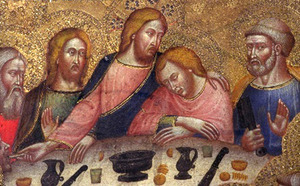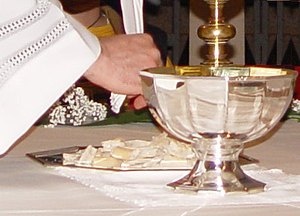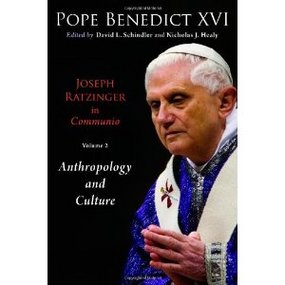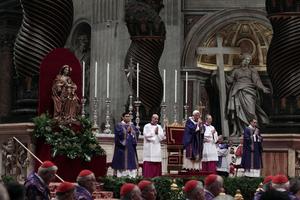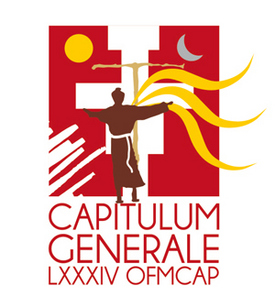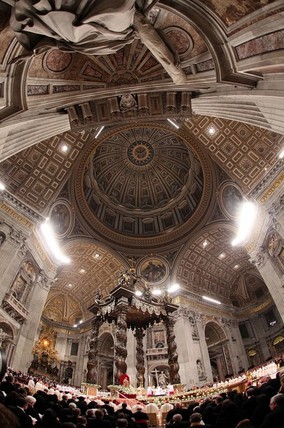From time-to-time I need to be reminded what it means to enter into a holy and general examination of conscience. Over time if I don’t review the method of examination proposed in the Spiritual Exercises of Saint Ignatius of Loyola, I forget. These days I have to admit I am a crusade to make the idea and practice of personal conversion a priority. From what I am sensing in the Church and in secular society we all need a lot less sin in our life, and a lot more happy, healthy and fruitful appreciation of where God’s grace is operative.
Where should you always start, in examining yourself? Loyola makes this proposal:
There are five points in this method
1. The first point is to give thanks to God our Lord for the favors received.
2. The second point is to ask for grace to know my sins and to rid myself of them.
3. The third point is to demand an account of my soul from the time of rising up to the present examination. I should go over one hour after another, one period after another. The thoughts should be examined first, then the words, and finally, the deeds in the same order as was explained under the Particular Examination of Conscience.
4. The fourth point will be to ask pardon of God our Lord for my faults.
5. The fifth point will be to resolve to amend with the grace of God.
Close with an Our Father.
The mystical tradition of the Catholic Church keeps before us the ideal of living in a state of grace because in doing so we walk the path of being in communio (here I will say this means friendship) with God. But other implications of living in a state of grace is that our relationships with others get better, and deeper knowledge of ourselves in action keeps us grounded and less self-righteous.
If you want to know one of the key points of discernment for Pope Francis lived –this is it, an examination of conscience. Plus, the new evangelization that is so much part of our church-existence today revolves around our willingness to examine our mind, heart and actions with a firm desire to amend life. Discernment is key to all things Catholic. An alive, a mature Christian faith is known only to the extent that we give ourselves over to Grace. A certain path to conversion is this method of Loyola.


